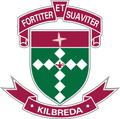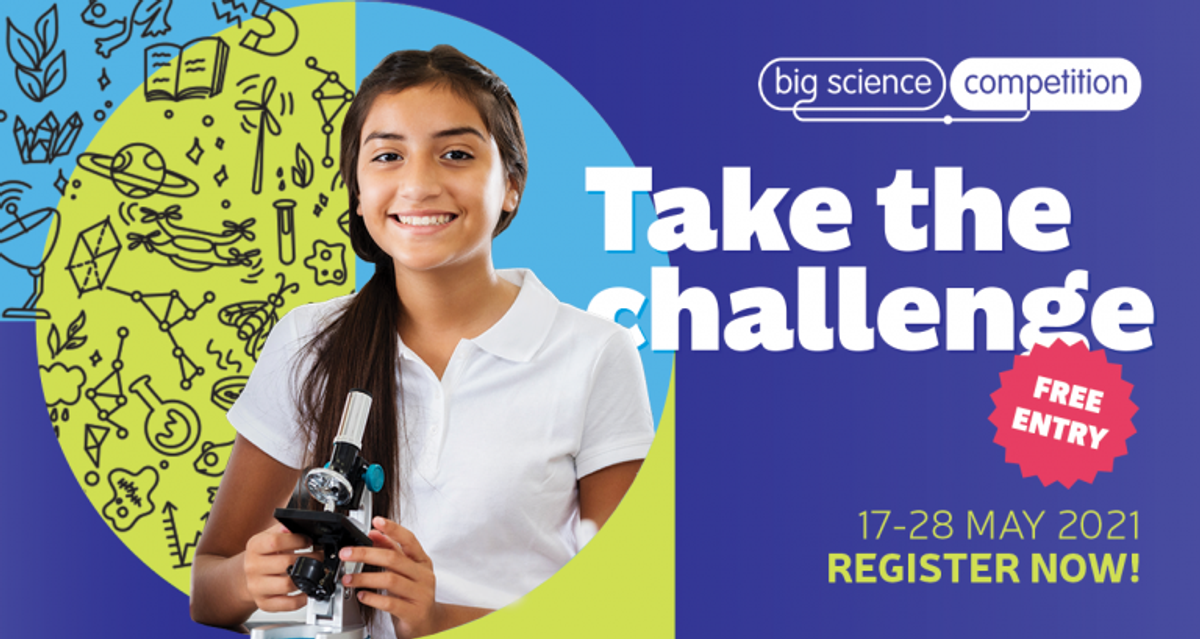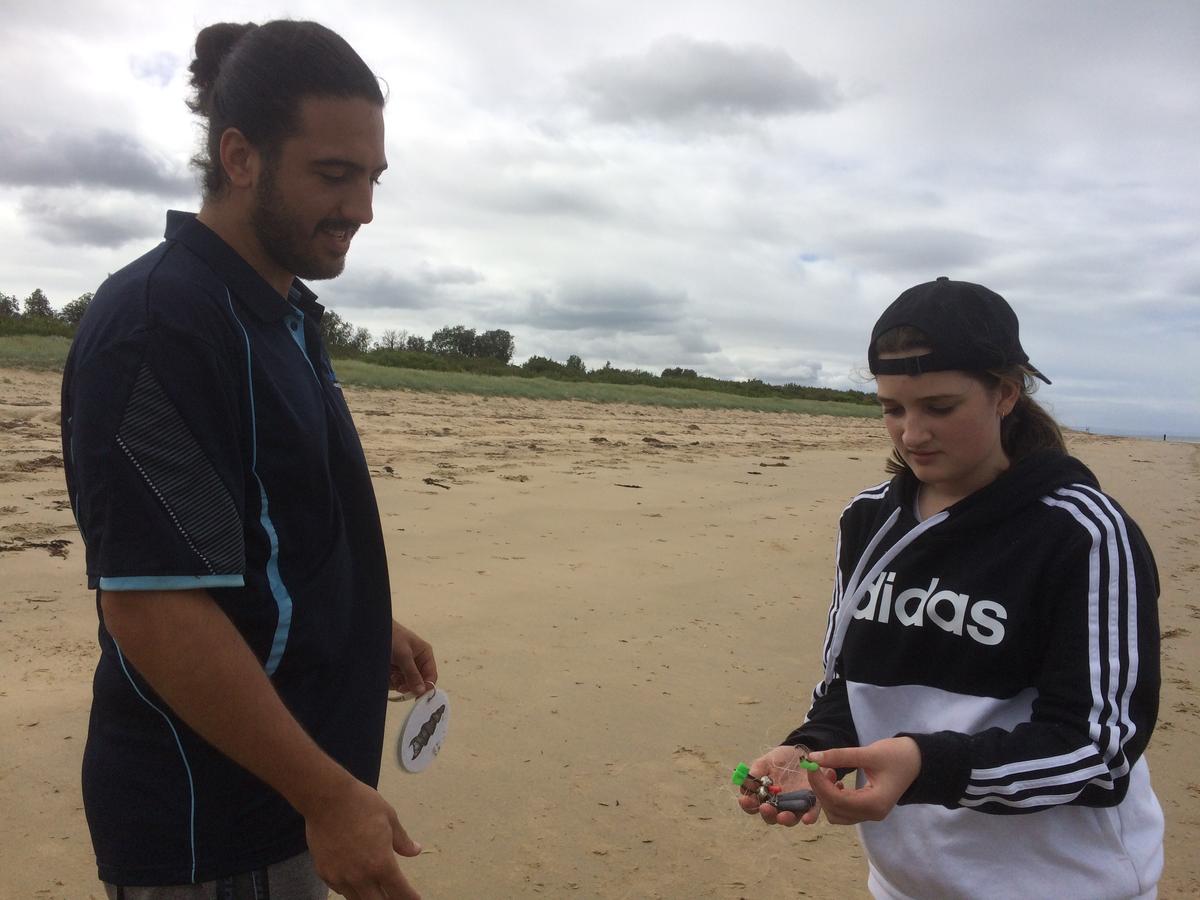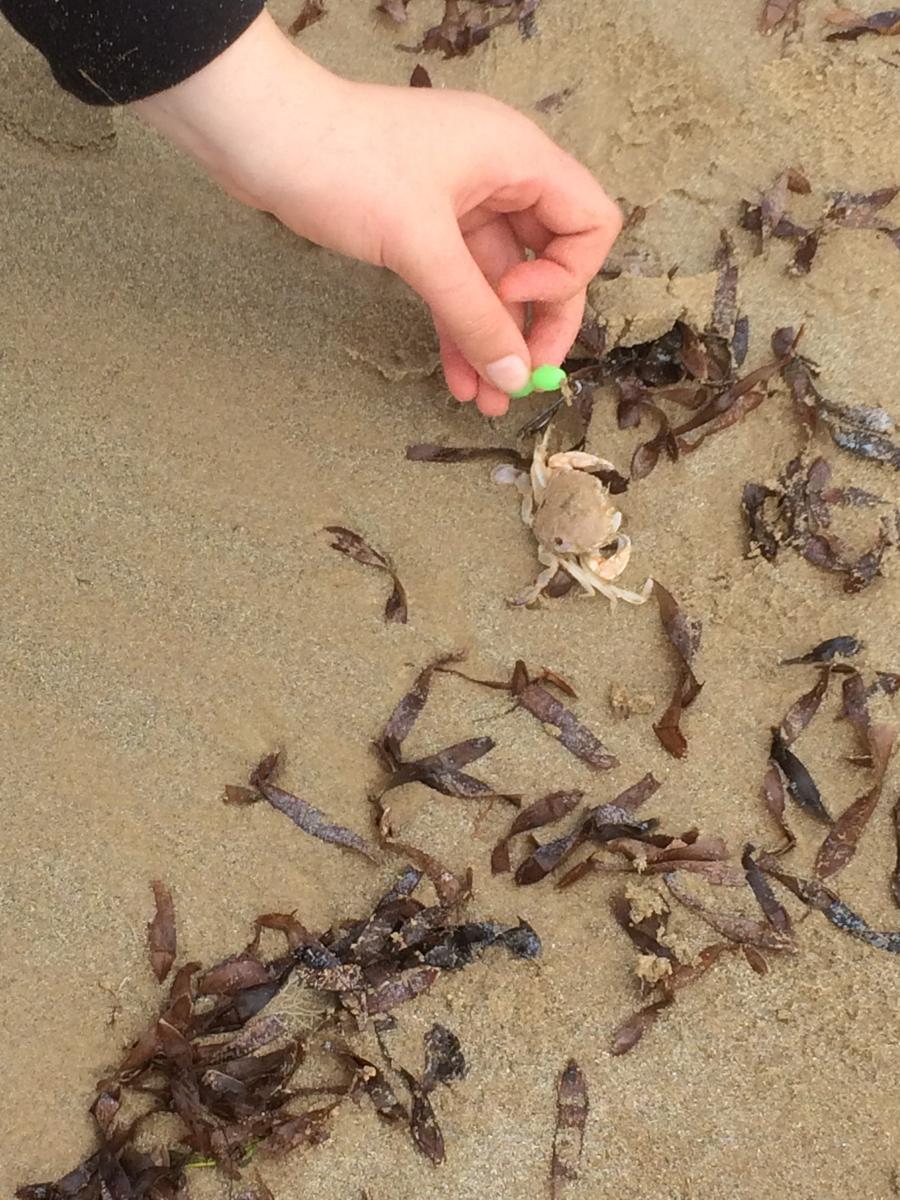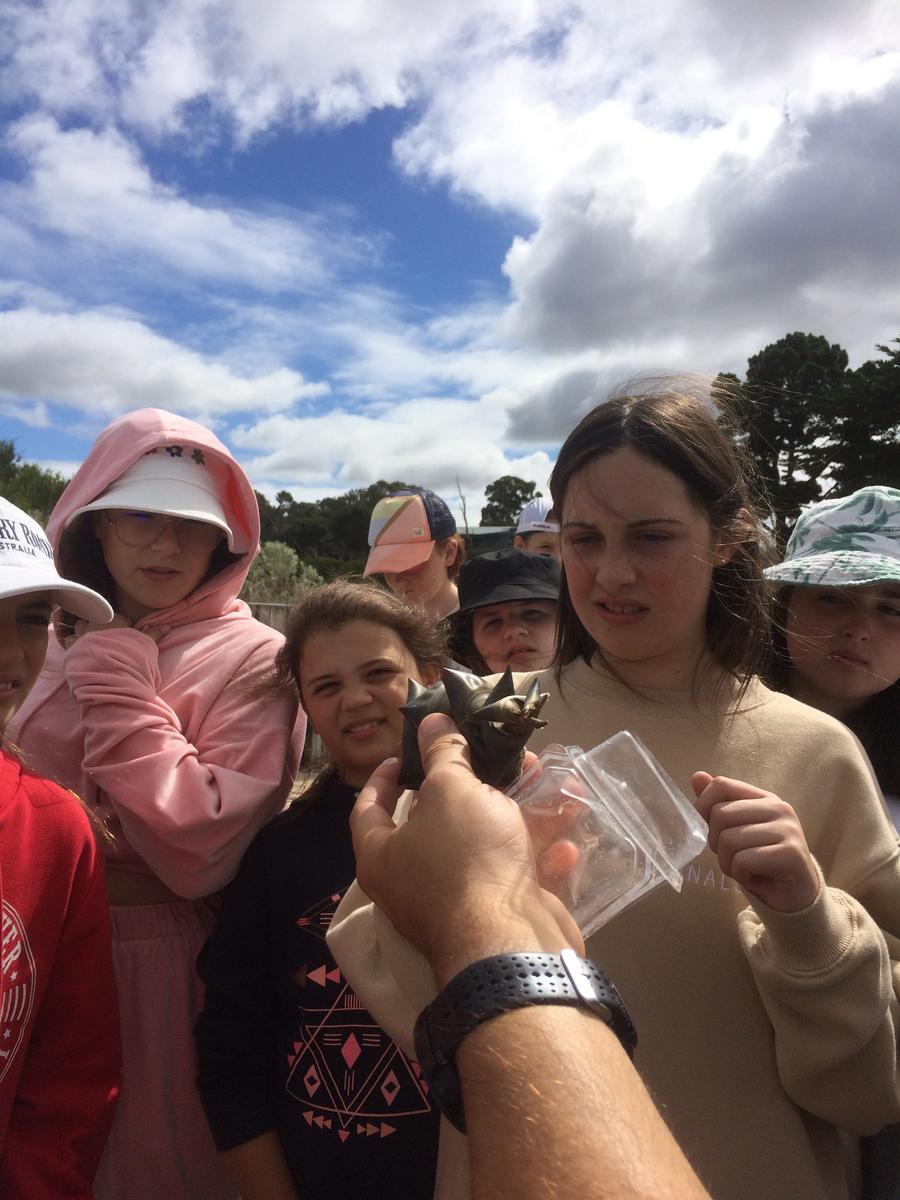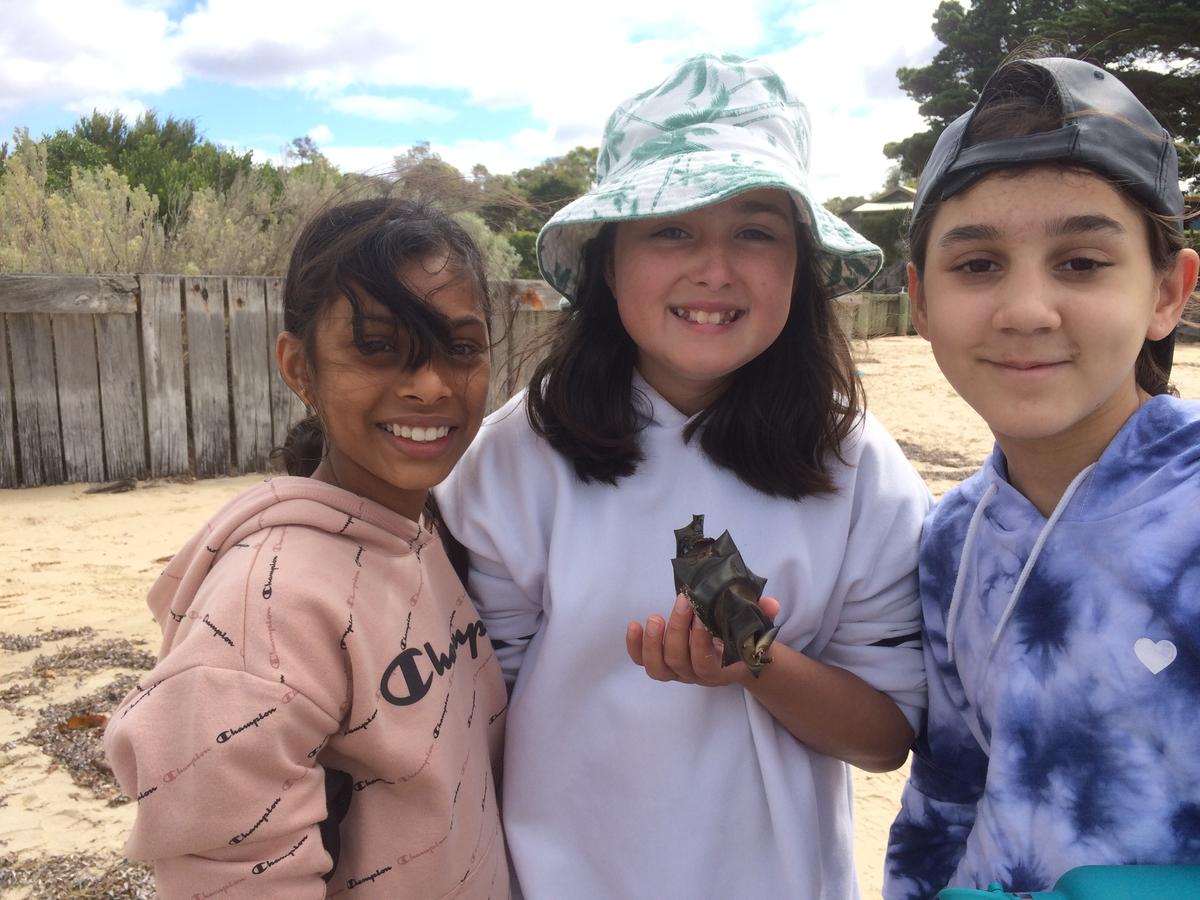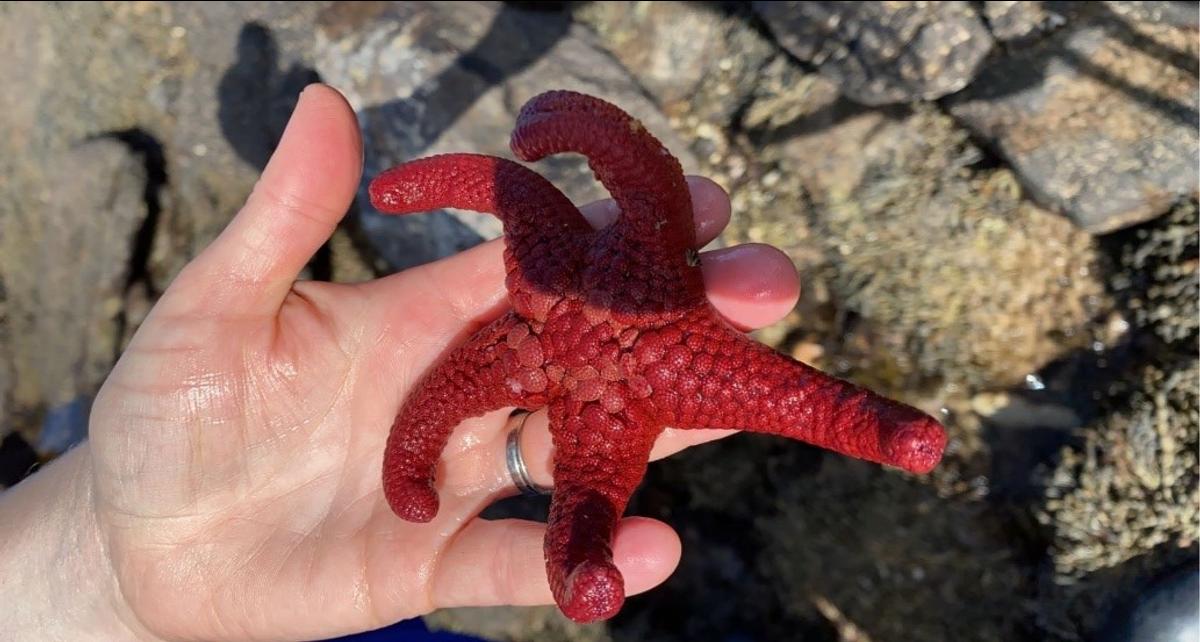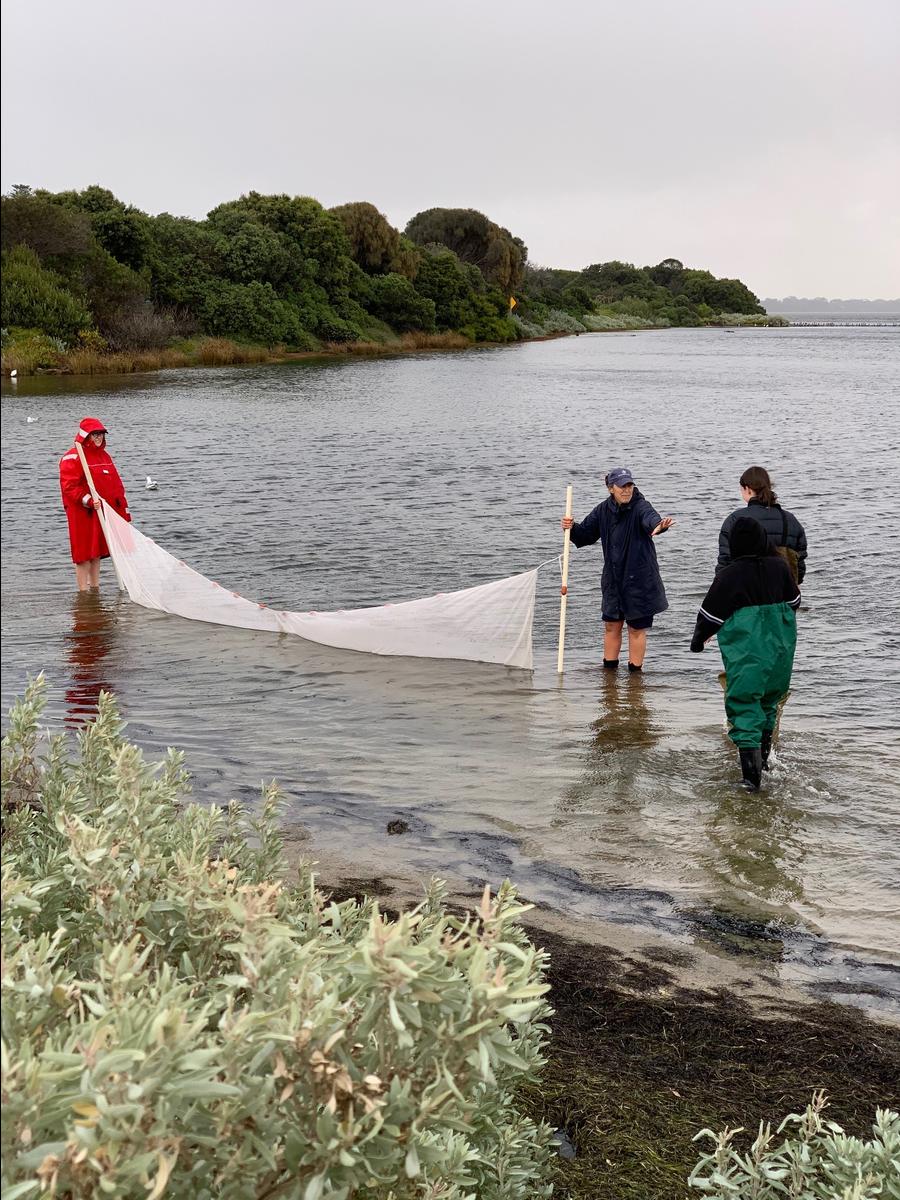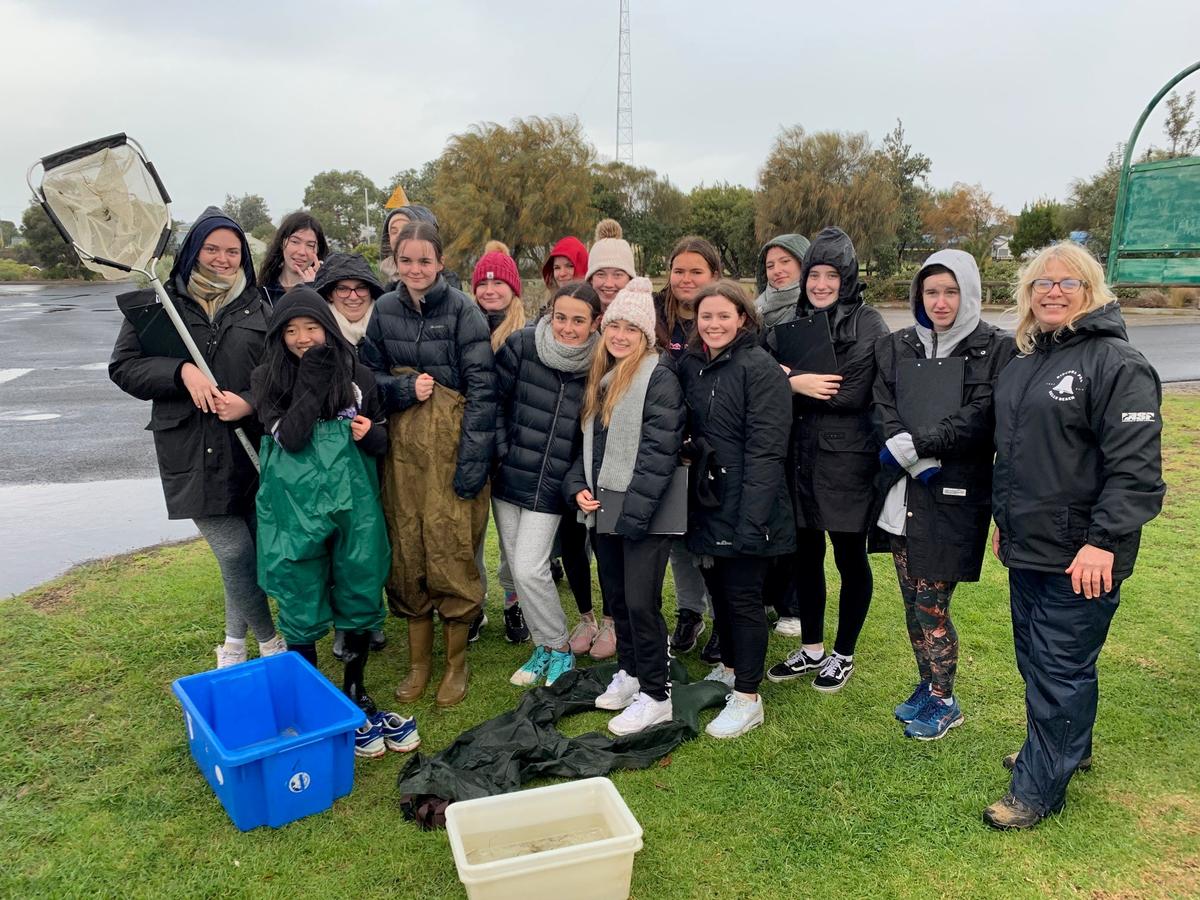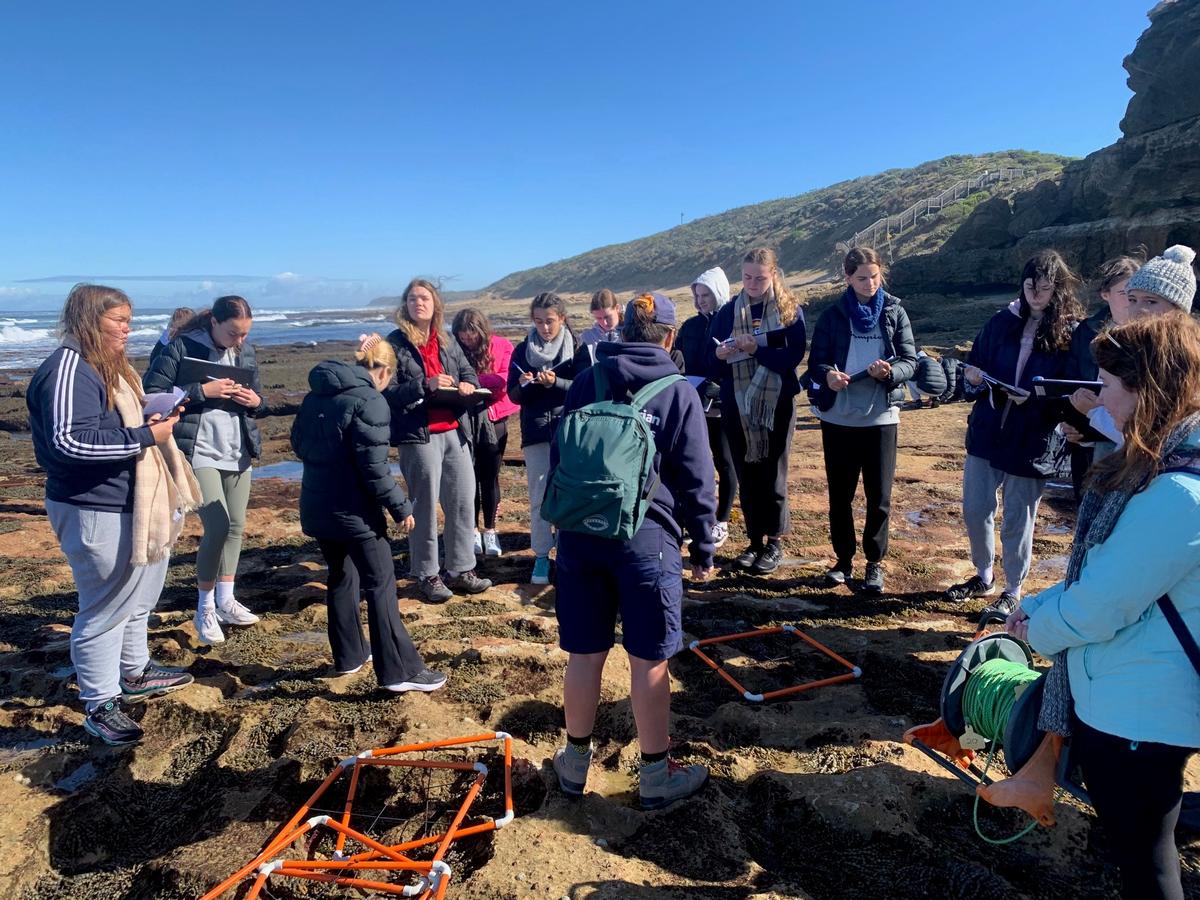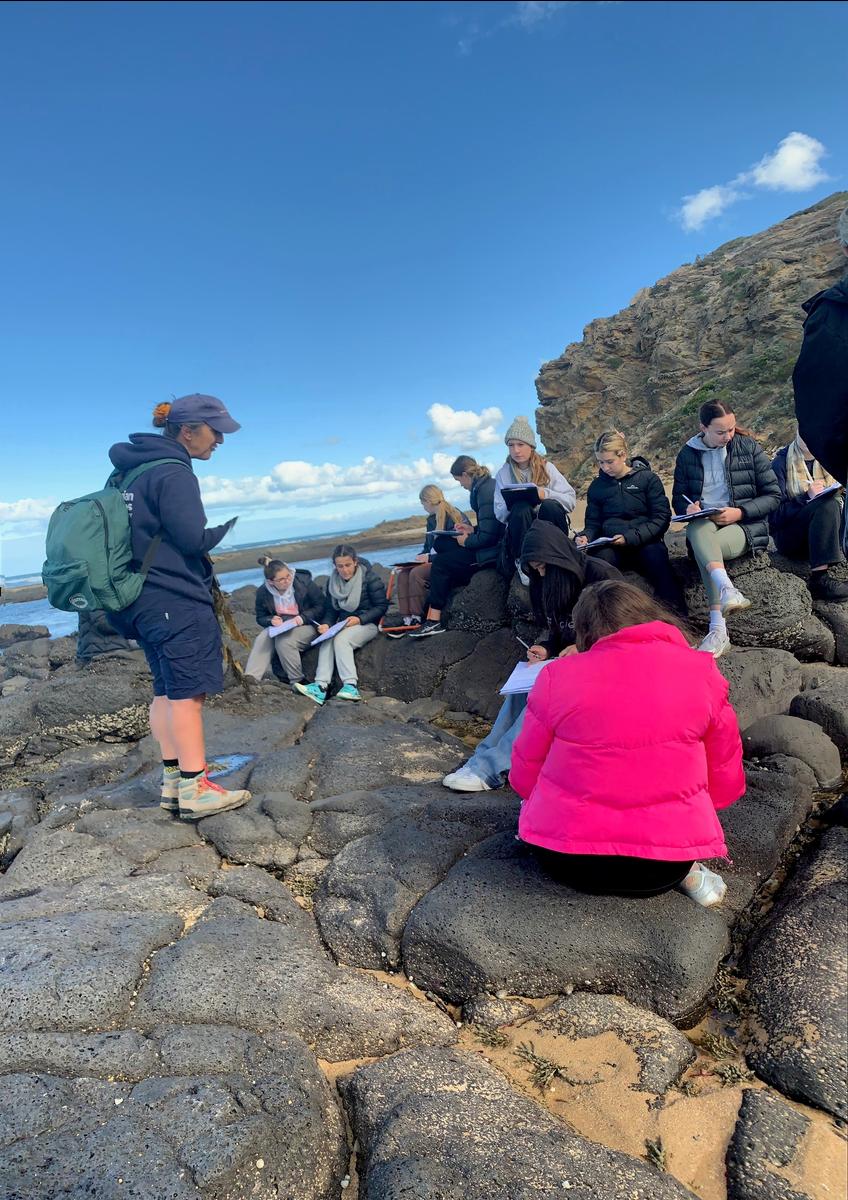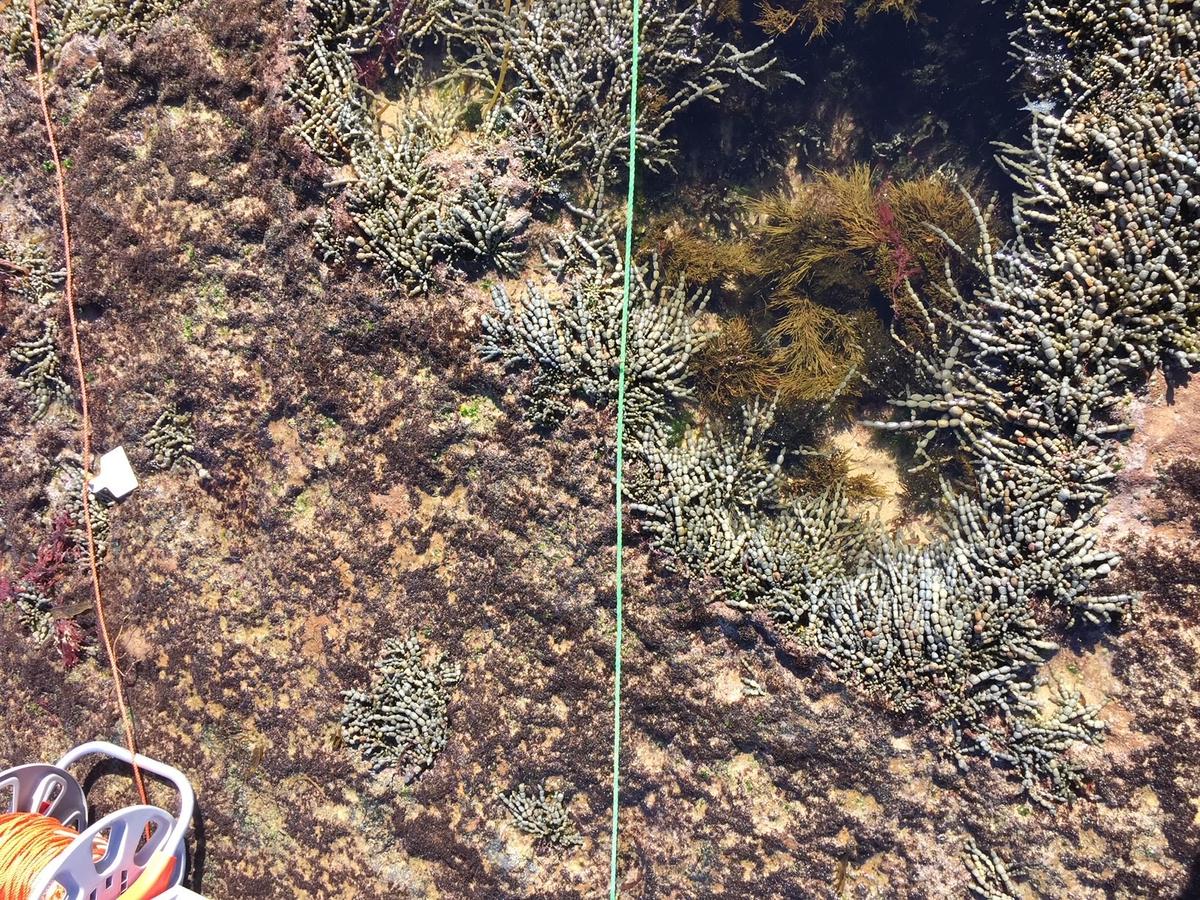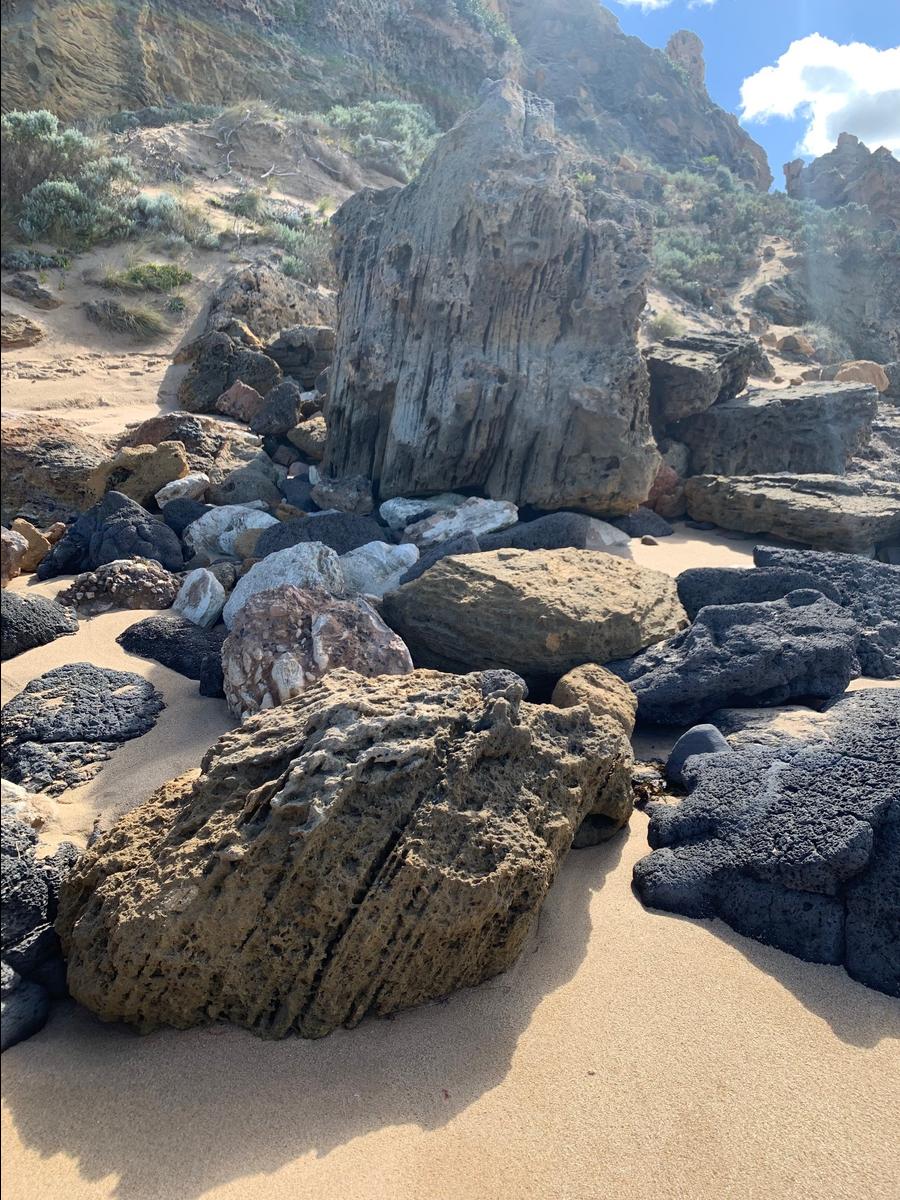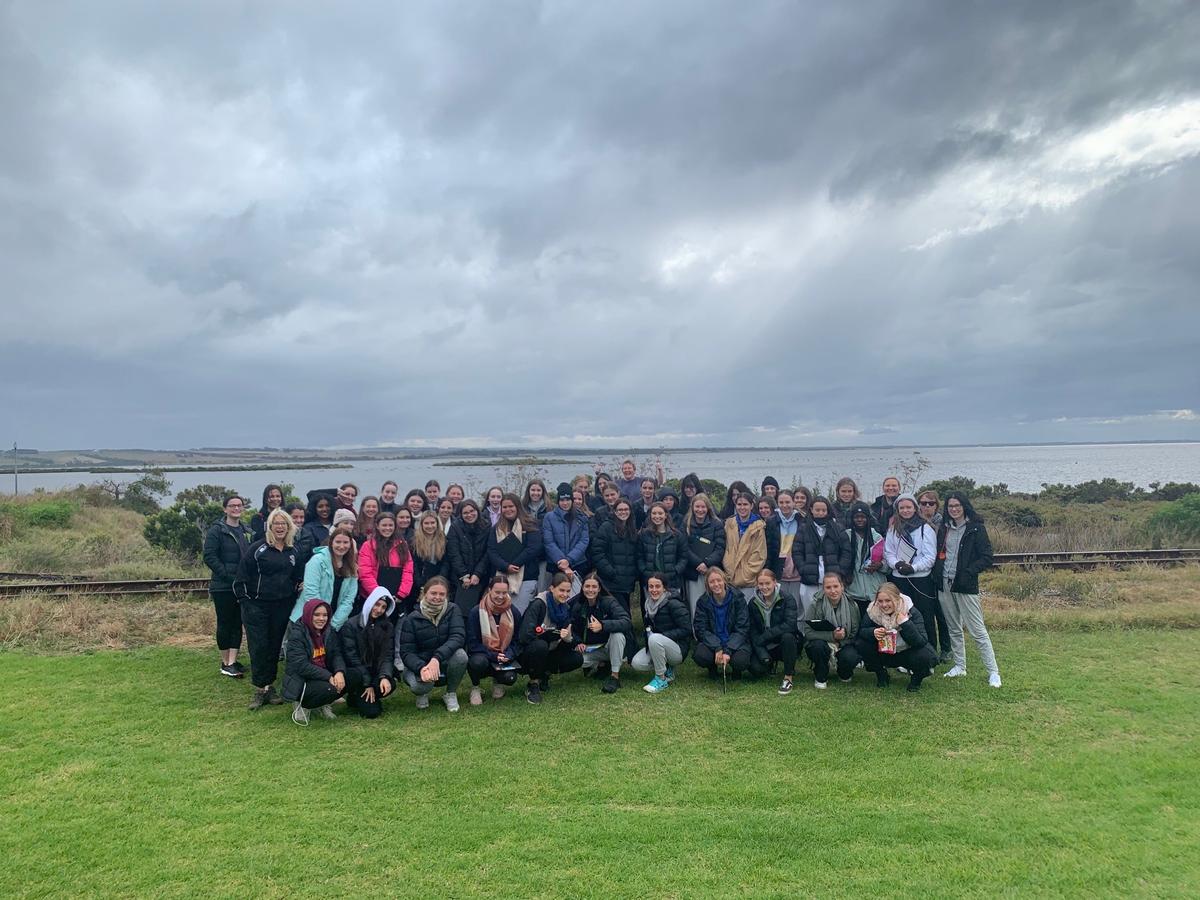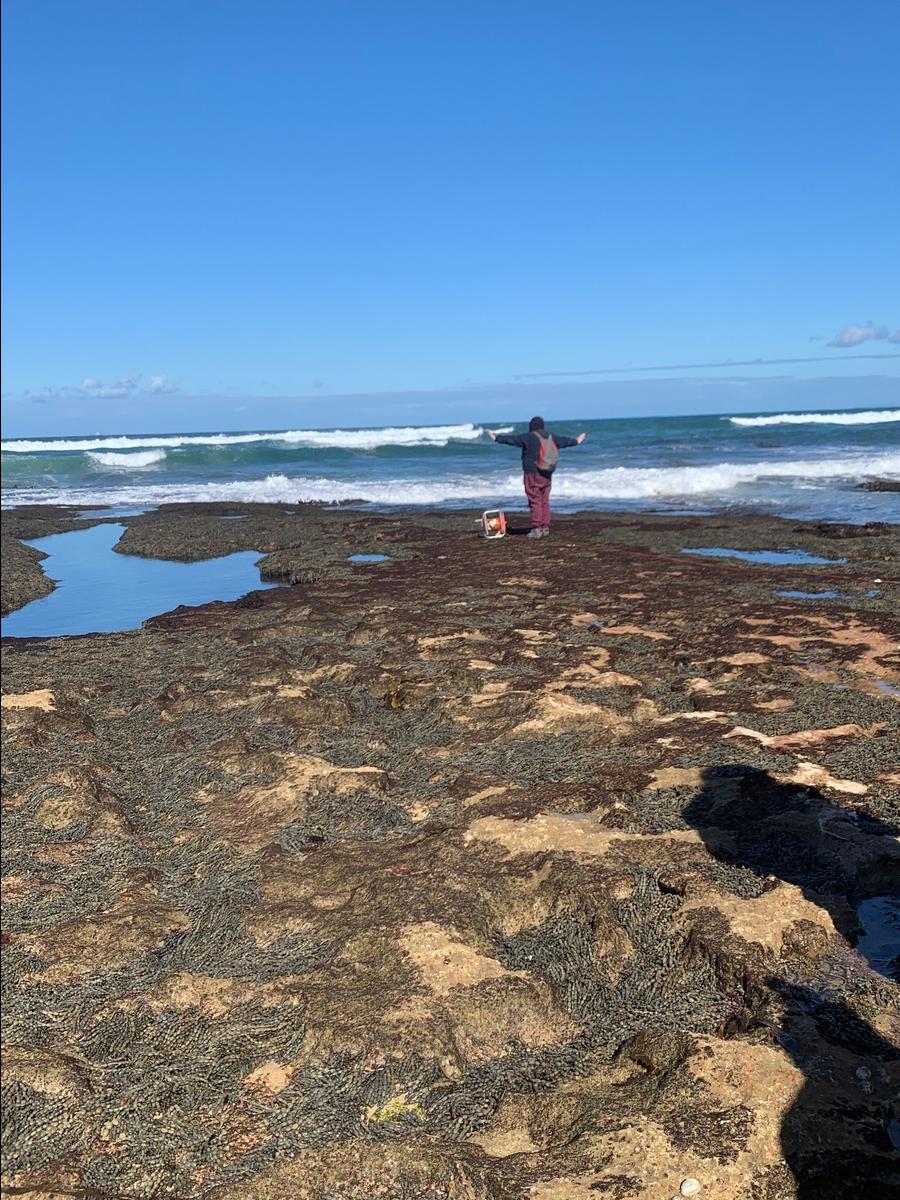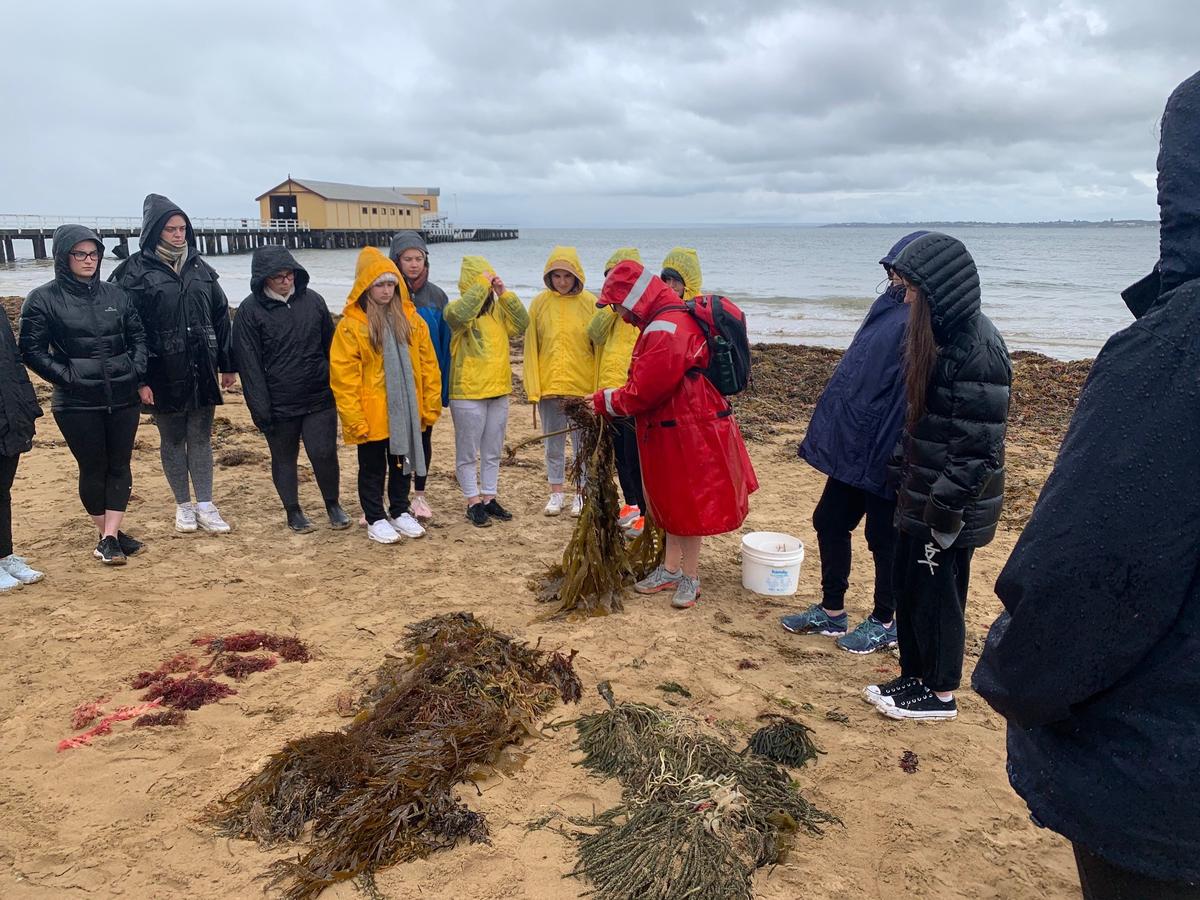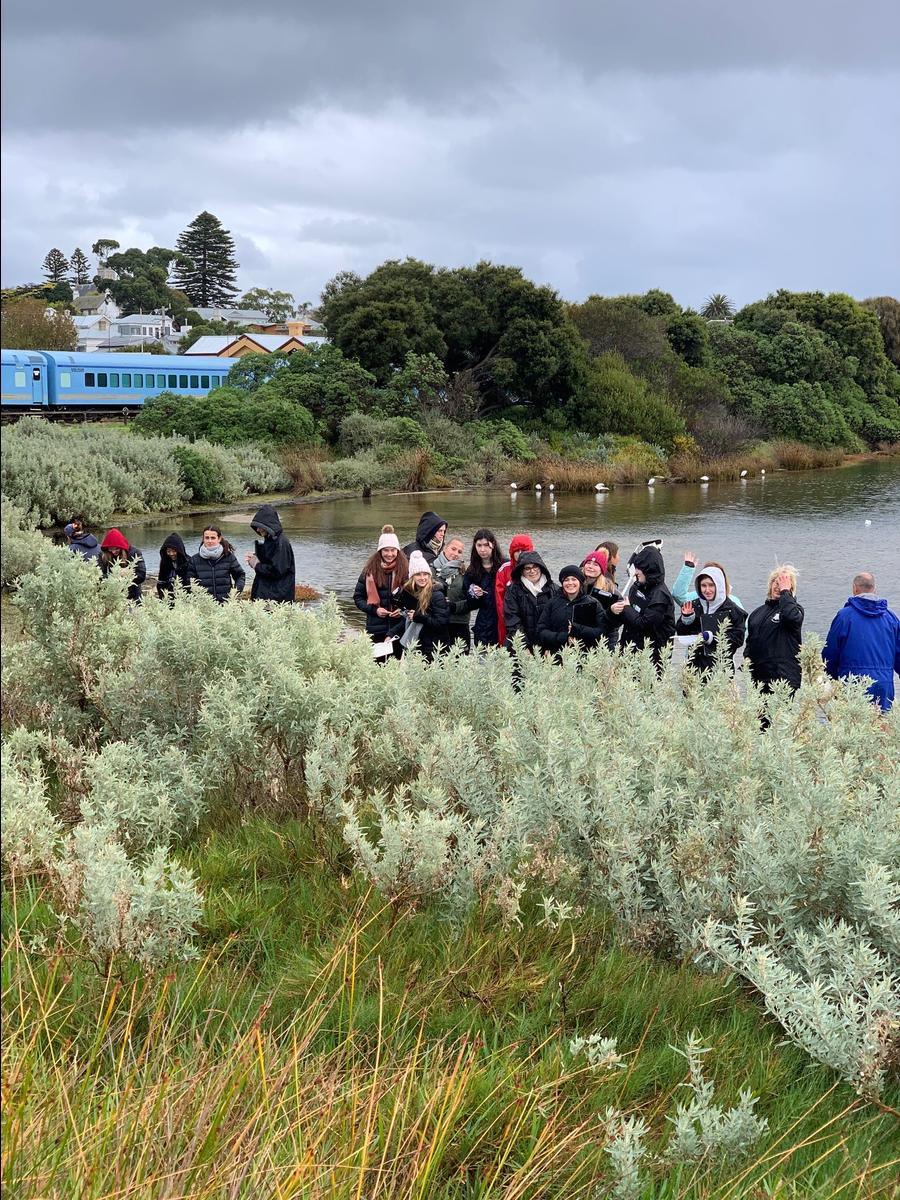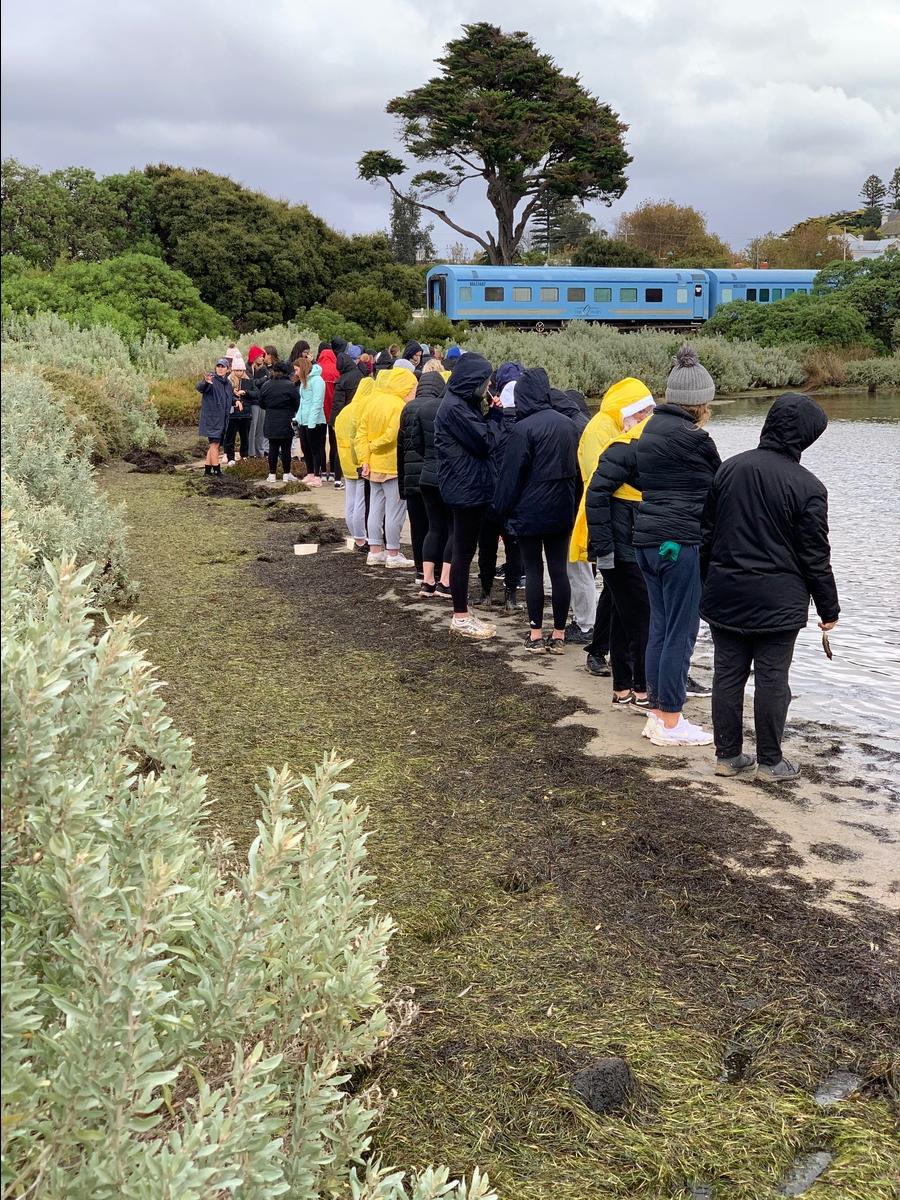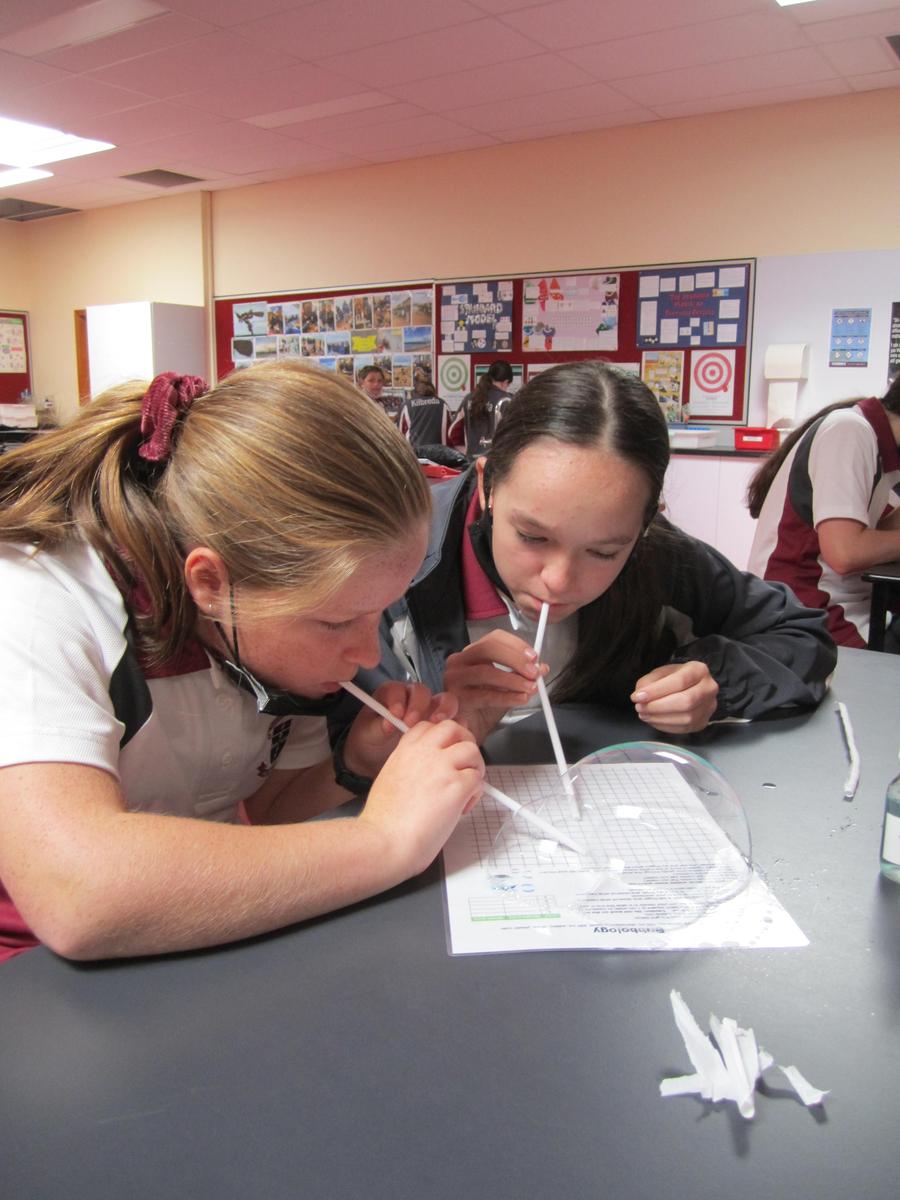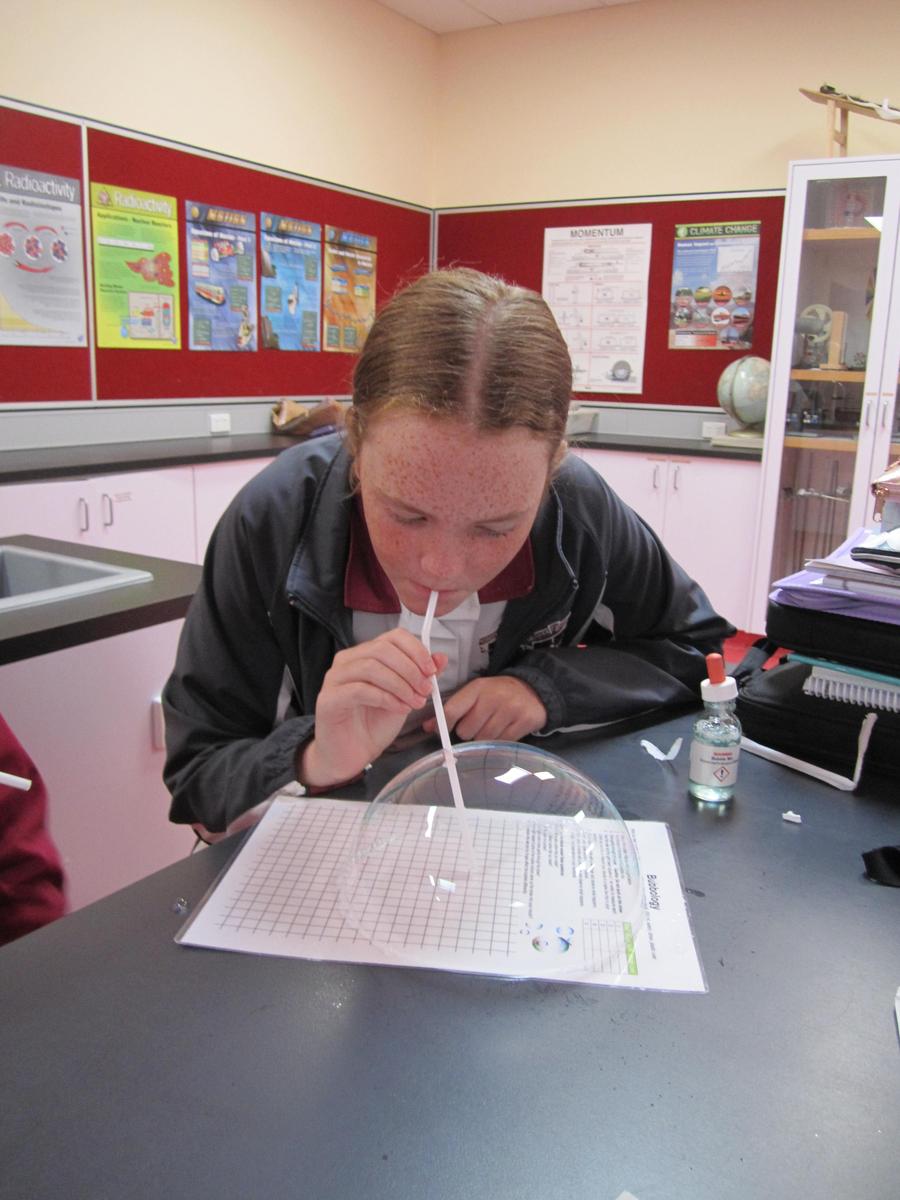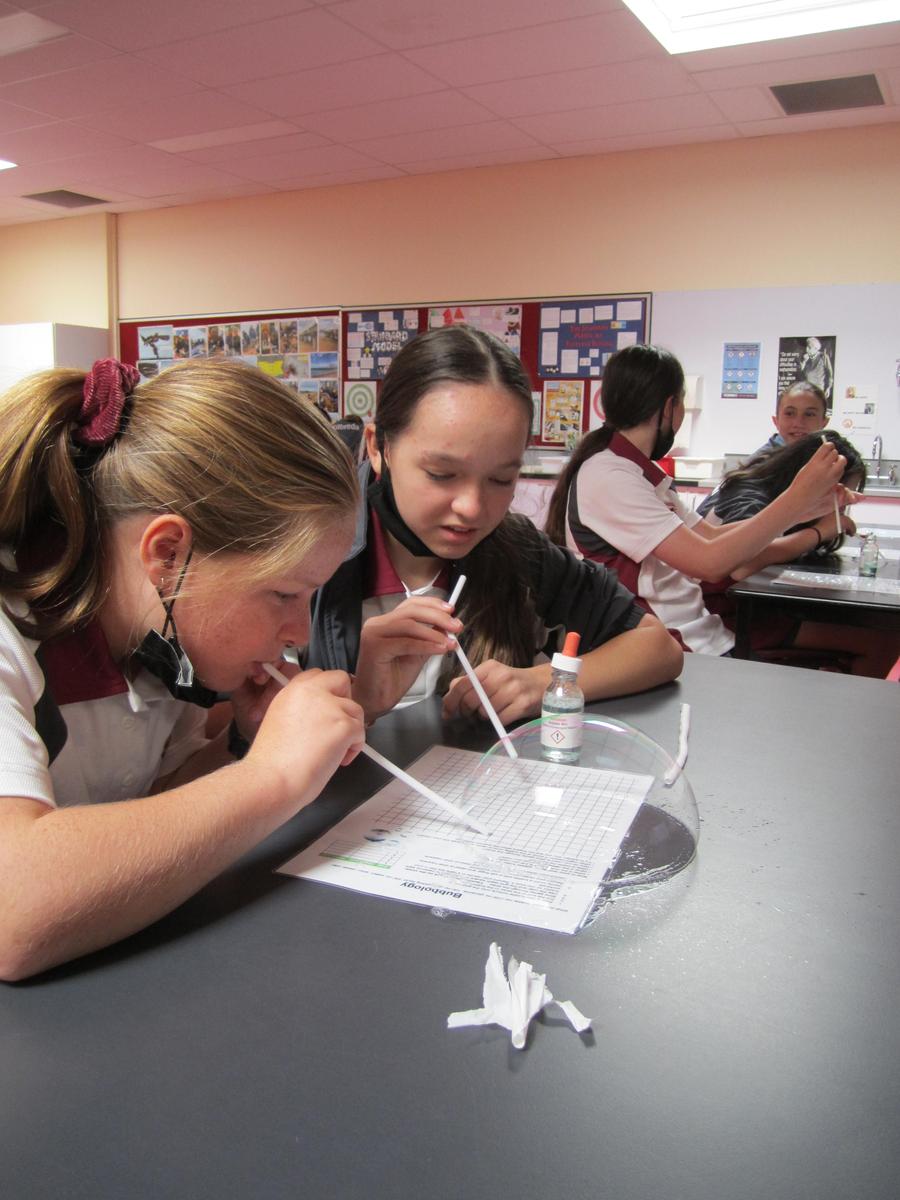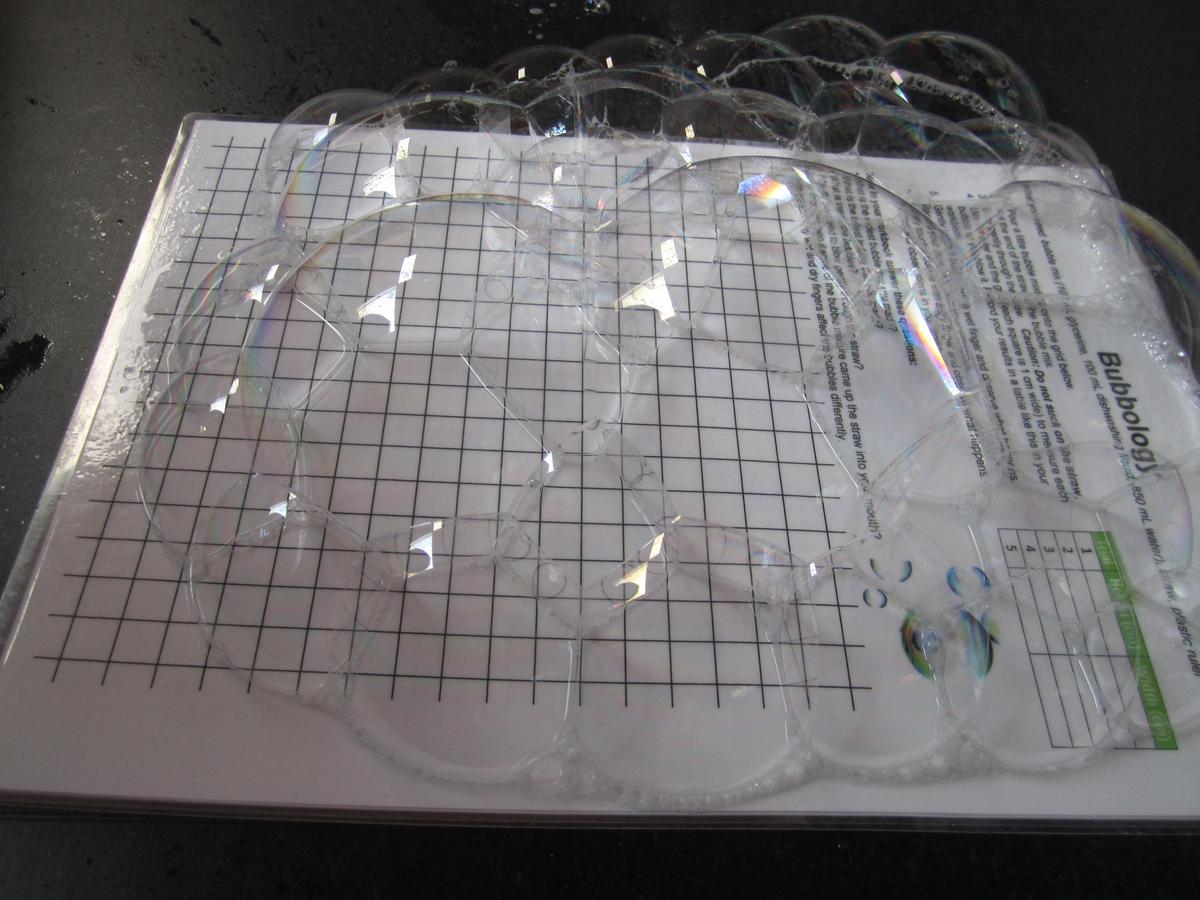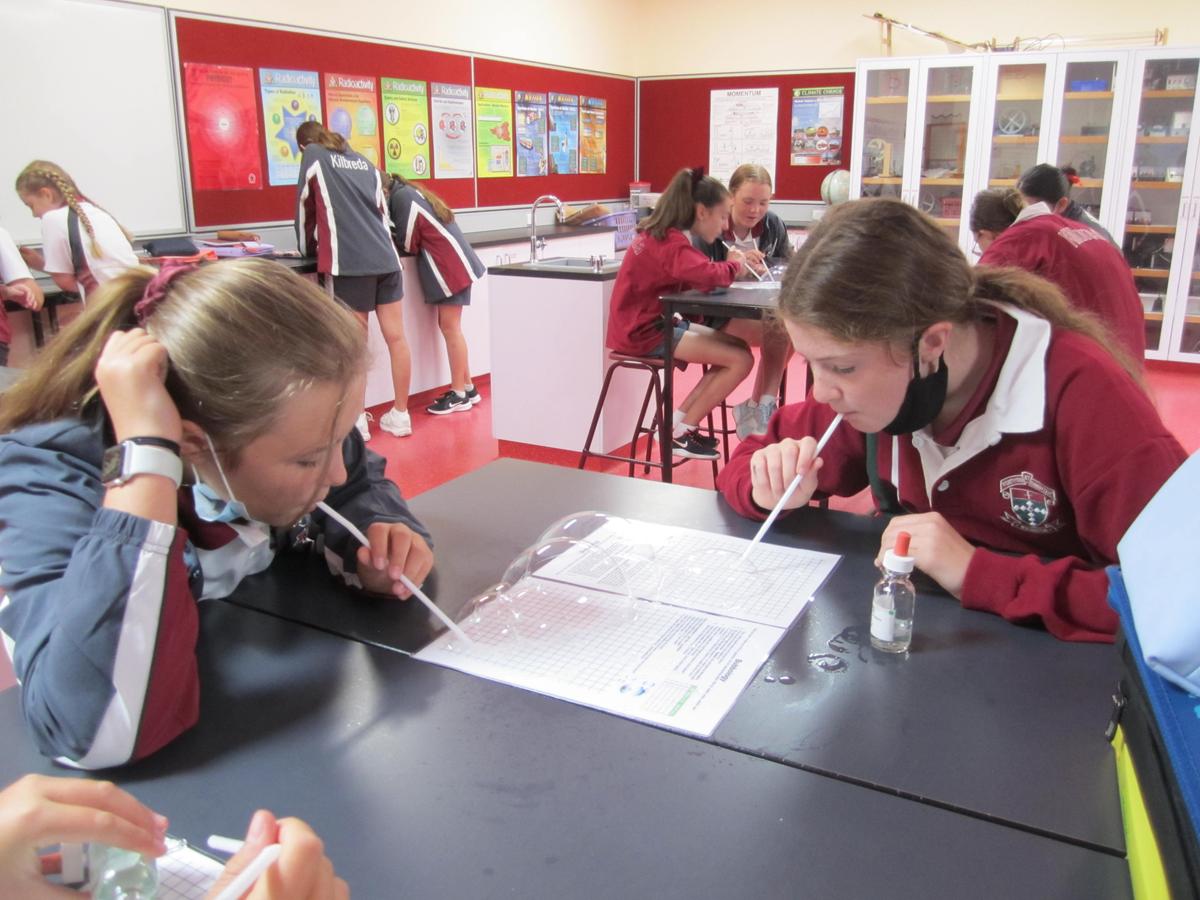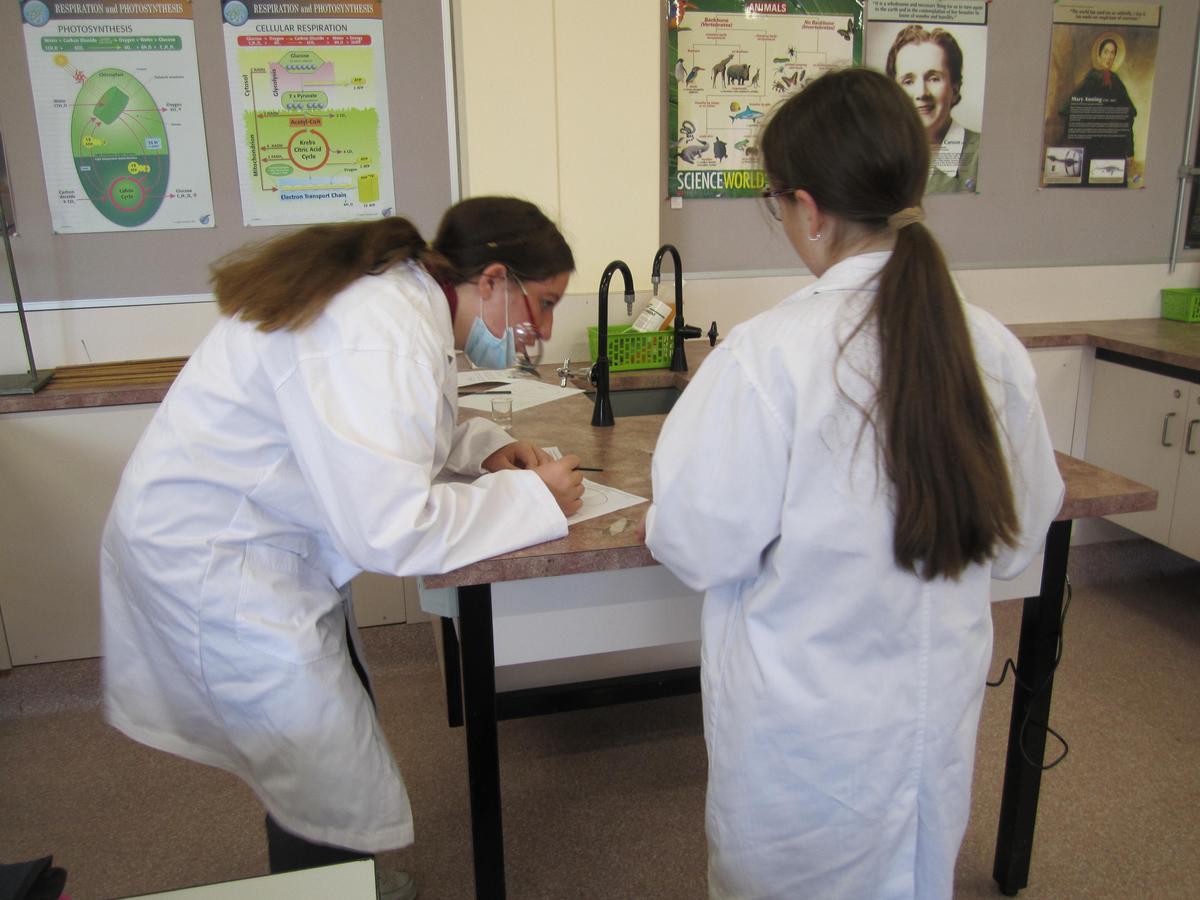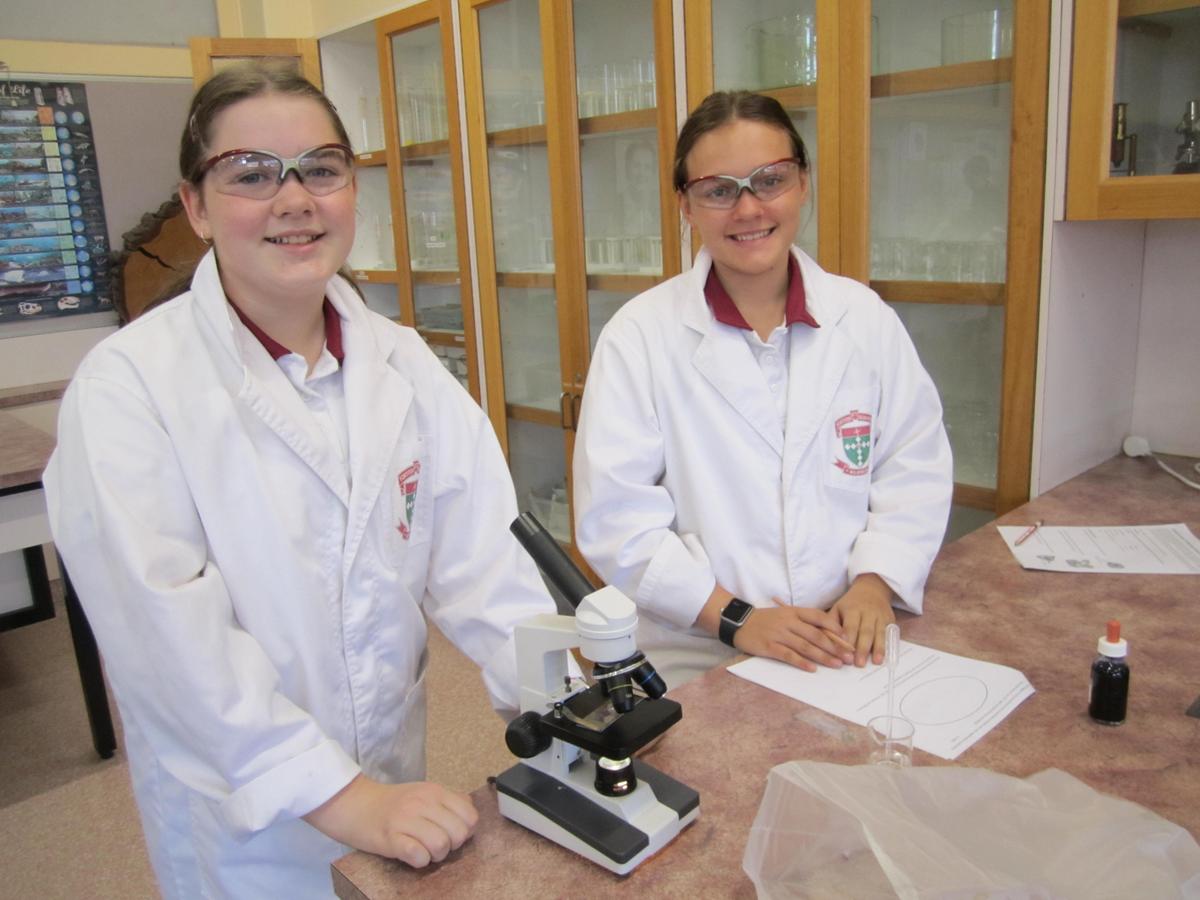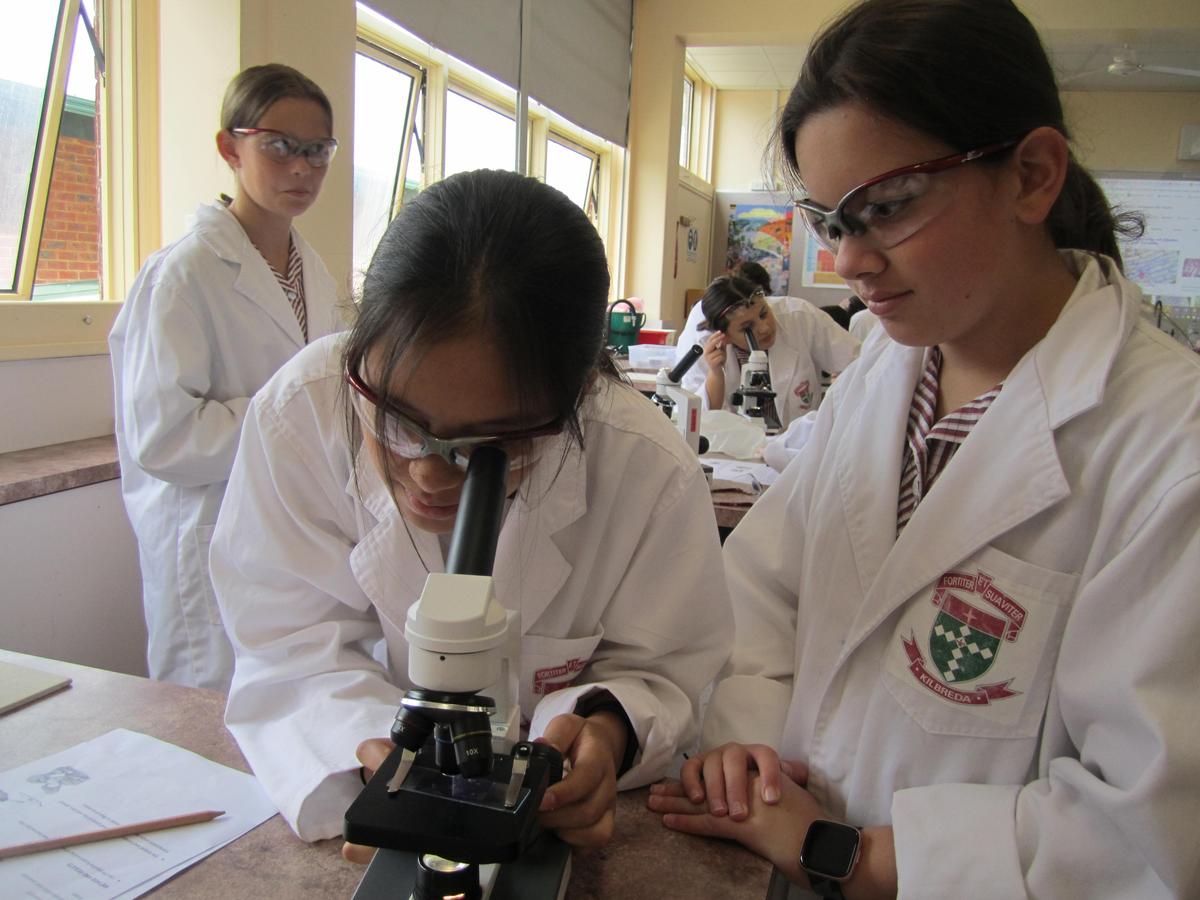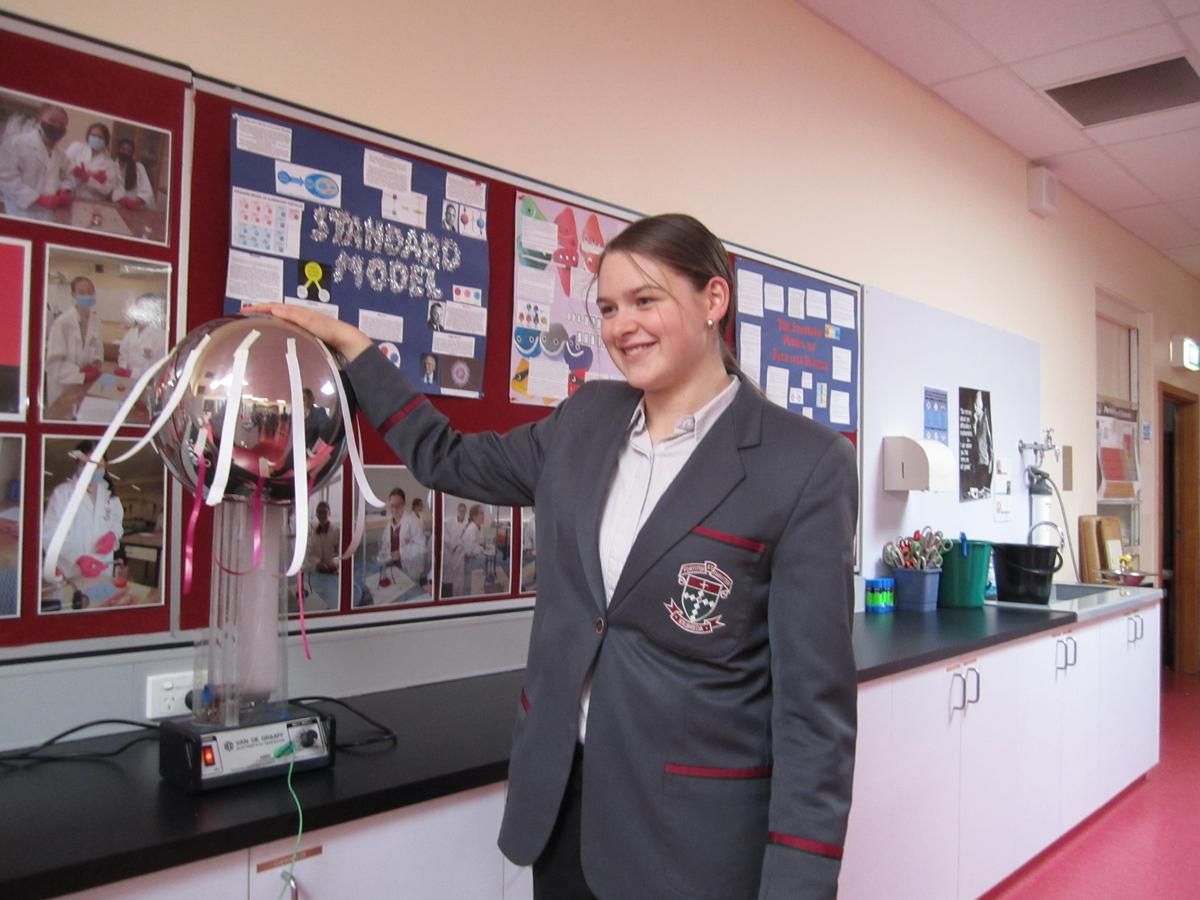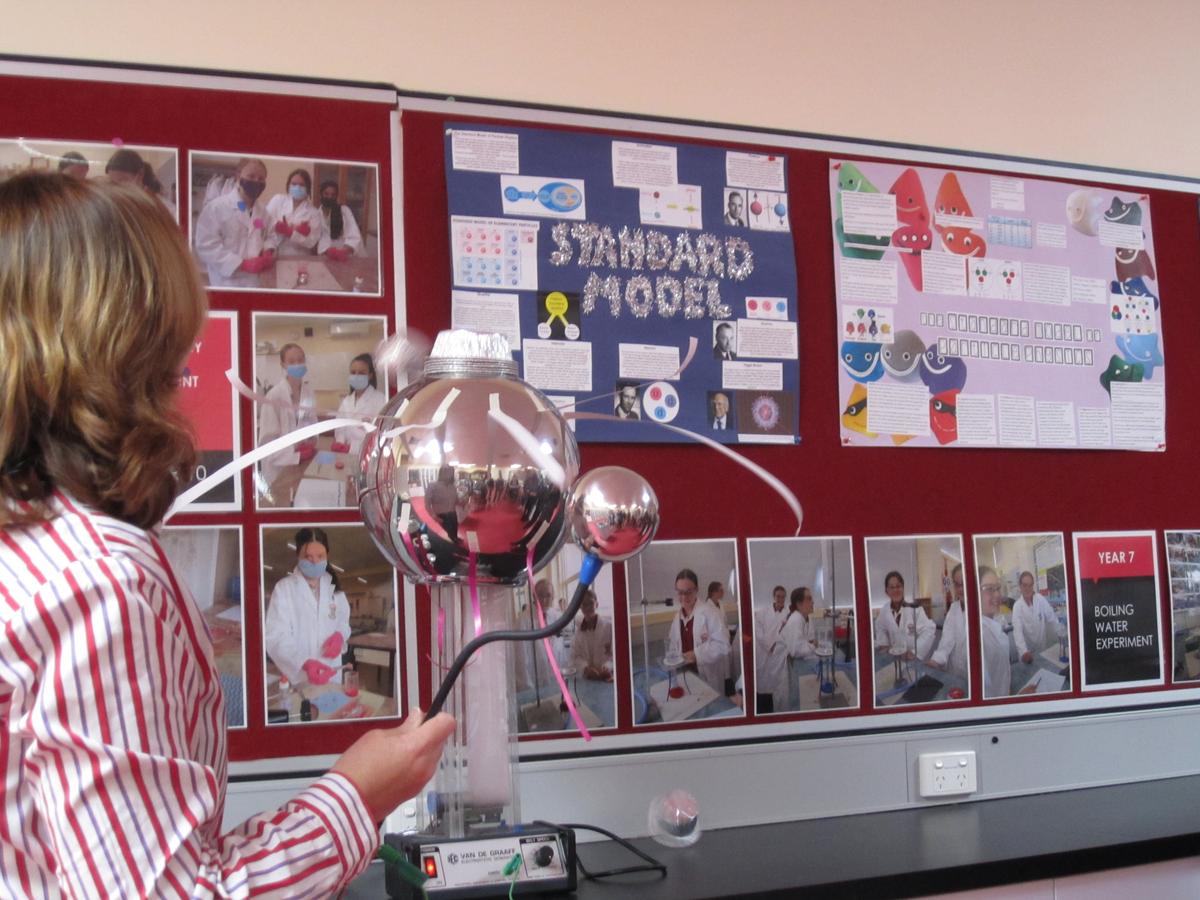Science

Big Science Competition 2021
The Big Science Competition is a 50 minute, multiple choice competition testing science knowledge, critical-thinking and problem-solving skills. The competition is open to students from Years 7 to 10. Questions are set in real-life, contemporary contexts. To see samples of past competition papers (with solutions on the last page), we are asking students to look on 'Student Share' under the Science folder for their year level.
Just by entering, students go into the running to win one of ten great prizes, including a Segway Scooter, a Nintendo Switch, an Apple iPad, Kaiser Action Camera, book packs and gift vouchers. Within approximately two weeks of the competition students will receive a certificate indicating their performance.
The Big Science Competition is also a pathway into other ASI science enrichment programs such as the Australian Science Olympiads and Curious Minds – girls in STEM.
This year, the Big Science Competition is 100% online and 100% free! There will not be a pen and paper option. If you have a child in Years 7 to 10 who likes a challenge, then please encourage them to take part!
When: Thursday 20 May
Where: Meeting Room
Time: Period 1 for Year 7 and 8 students and period 2 for Year 9 and 10 students
Requirements: Laptop, a calculator, a pencil and some blank paper.
To participate in the competition, students need to follow two steps.
Registration process:
- Using this link HERE, students can register themselves into the competition. This needs to be done before the closing date of 12 May.
- They then need to register for a place in the Meeting Room to sit the Competition under test conditions, which can be done HERE.
Marine Discovery Year 7 Camp
Whilst away at Year 7 Camp in March, the Year 7 students explored the beach at Somers with a camp instructor. They looked carefully at the natural world and learned about the local species and some Indigenous fishing and hunting techniques.
Here are reflections from some of the students:
At Year 7 Camp we saw a Port Jackson shark egg which is like a spiral 3D object. We also saw and ate sea spinach, which tastes really salty as the closer the sea, the salter it is.
Phoenix Carroll
Year 7
At Year 7 Camp, we did a marine discovery and discovered many different animals and items. The items we came across were a bunch of fishing line with a hook connected to it, which was tangled up along the sand and also a Port Jackson shark egg. The egg was not like usual eggs that are shaped like an oval but it was shaped like a spiral so that it could stay wedged between the rocks, where the shark could then break out of the shell when it had been in there for 10 to 12 months.
There was also lots of kelp left on the sand from the tide coming in, which pushed it further along. We were also able to see an endangered species of birds along the beach taking a drink of water and going back up to where they were staying in their breeding season.
Blainee Stanford
Year 7
During marine discovery at camp I learned that sharks put their eggs in rock and then the eggs turn into a spiral shape. I also learnt about the Port Jackson shark eggs. When the baby sharks are ready to come out they know if something is outside waiting to kill them. That is pretty amazing!
On the beach we also found a dead fish which on one side had been half eaten (yuck!) and tiny little endangered Hooded Plover birds. These birds are so small that if they had been on the beach you could easily accidentally squish them to death! They were that small and so cute!
Izzy Fernandez
Year 7
This year, at camp we did many activities and one of them was a marine discovery. We learnt a lot while doing marine discovery and we saw a lot too! I saw my first shark egg. The shark egg was very small considering the size that sharks can get to. We also saw lots of different types of shells, seaweed and mini birds.
When we were walking along the beach we saw a dead fish with lots of hooks and a fishing line. The little birds that we saw were really cute and small. We had to be quiet and not go too close to them otherwise they wouldn’t come back.
Zahli Mackay
Year 7
Marine discovery was the most unexpected activity during camp, but an adventure all in itself. When I marched on the briny sand, I certainly didn’t think that later on that day I’d be observing an almost extinct species, excited by the prospect of dolphins and even see a dead fish!
When we all gathered on the salty smelling beach, Nick lead us through and commented on the amazing species of wildlife they had on shore. I was taught about the endangered Hooded Plovers, a species of bird. I took in a few facts, but I was shocked when I realised that these adorable and almost extinct animals actually lived at Lord Somers Camp. Sure enough a few moments later we were observing these tiny cute birds with interest as they stepped on the white strip of sand. Nick commented on how they weren’t babies as several people thought they were (including me!)
Fact Moment - Hooded Plovers
- They have pretty white feathers
- You have to stay a safe distance from them to protect them
- They are an endangered species of birds
- You can find them at Lord Somers!
Science Questions
How are they endangered?
How did they come here?
After we walked by, Nick told us about dangers and fish hooks on the shore. Almost as if it had called them, someone spotted a fish hook in a mass of slithering spiky seaweed. A fish line was attached and for a 'spine - chilling' moment I thought I might have seen a fish chewing on the end! Luckily the fish hook hadn’t killed any fish (well as far as I could see) and had just been washed to shore. I already knew how fish hooks are a dangerous item at sea, I had just never seen one!
Fact moment! (Fish hooks)
- They’re used to fish
- Sometimes the fish hook can fall to the ocean floor
- In the ocean it can be deadly to any fish
Science Questions
How did it fall of the fishing rod?
How has the bait still managed to stick on?
As we continued on our walk, Nick happened to mention that dolphins were at the camp. At his words everyone halted to a stop. Dolphins! Nick told us all about them and the family of ones at Lord Somers.
Fact moment! (Dolphins)
- There’s a family of them at Lord Somers!
- To attract their attention, you have to make a lot of noise
Science Questions
Why do dolphins like noise?
What do dolphins eat?”
Sophie McKeown
Year 7
Unit 1 Biology Marine Biology Camp
54 students over three classes, undertaking Unit 1 Biology, participated in a two-day Marine Biology Camp as part of their Unit 1 studies. On Day 1, students travelled to Queenscliff to undergo field and laboratory studies in collaboration with the Marine Discovery Centre located in Queenscliff. Students considered the interdependencies between species in food webs and the impact of factors on ecosystems. On Day 2, students explored Barwon Heads Marine Sanctuary. They spent time learning about structural, physiological and behavioural adaptations that allow an organism to survive in a wide range of conditions on the intertidal platform. Students gathered population data to use in the classroom as part of their Area of Study 3 studies.
I would like to extend my thanks to Coralene Crawford for her work before departure to camp, Derek Haagsma, Carole Downie and Sonya Hood for driving the three classes on the school buses to each of the field study locations, Charlene Parisi-Hill and the canteen staff for providing the catering for the students whilst on camp.
Kylie Carroll, Sarah Chuck and
Suzanne Grima
Biology teachers
Biology Camp - Student Reflections
A very worthwhile, educational and practical camp, that immersed us truly into the ecosystem environment and ultimately created a bonding experience for all biology students.
Biology Camp was a fun and interactive experience! The girls who attended gained a stronger connection through learning and studying a subject that they were all interested in. Overall Biology Camp was a wonderful experience.
I found the information we learnt in the activities very useful and relevant to our SAC. I also really enjoyed the accommodation and the dinner.
Biology Camp was an interesting and different way for us to learn and investigate our topics without being in a classroom. It allowed us to work with our friends and research in a different way and environment.
Biology Camp was a good experience because it is a more light-hearted way of doing an assessment. The camp makes the topic of learning fun, enjoyable and less stressful. The activities were very relevant to the topic and provided us with all the information we needed.
Unit 1
Biology Students
National Youth Science Forum
If students are currently in Year 11 with a passion for STEM subjects and would like to meet other students with similar interests, then the National Youth Science Forum (NYSF) could be for them!
The NYSF Year 12 program is a 12-day digital and in-person program designed to give students a broader understanding of the diverse study and career options available in science, technology, engineering and mathematics (STEM) and to encourage continued studies in these fields. In 2022, this program will run from 10 to 25 January. While at the program, students will have opportunities to:
- participate in tours of science and technology facilities, and learn about cutting edge research;
- engage with industry partners and research providers;
- learn about university and STEM career pathways;
- mix with other like-minded students from all over Australia; and
- network with former NYSF participants to further increase understanding of STEM related study and career experiences.
If Year 11 students are interested in participating in the NYSF, please encourage them to go to www.nysf.edu.au for further information and to apply! Applications open 1 April until 2 July.
A Look Inside The Labs…
It has been a delight to get back into the Science Labs this year! Here is a snapshot of some of the activities in Science this year.
Our Year 7 students have explored the science of bubbles, and have honed their skill in accurately measuring the volume of a liquid.
Our Year 8 students have explored the 'very small' using microscopes.
The VCE Physics students have looked at radioactivity using M&Ms and have explored what makes things charged using the Van de Graaff generator!
Jacinta Devlin
Learning Leader: Science
